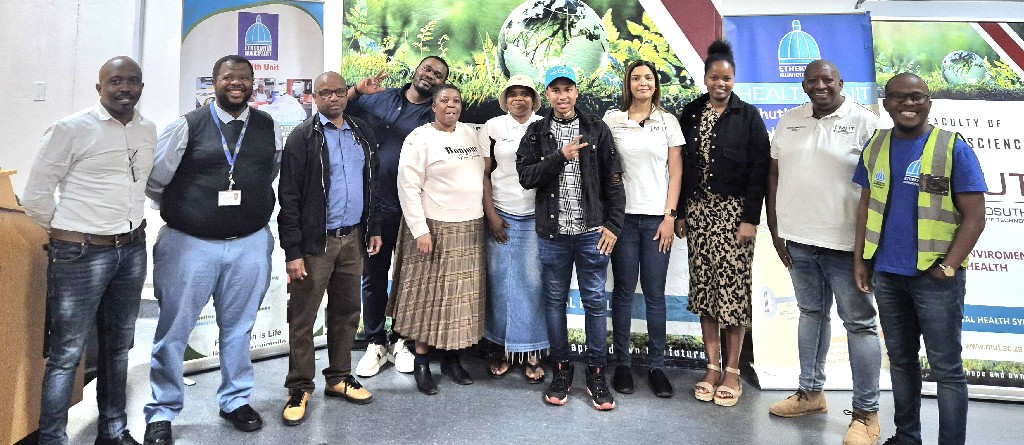
June 7 is World Food Safety Day. The theme of the year 2025, is “Food Safety: Science in Action”. This theme emphasises “the crucial role of scientific knowledge and evidence in ensuring the safety of food supply, from production to consumption”. The theme also highlights the importance of translating scientific knowledge into practical action by governments, food businesses, and consumers.
The University’s Department of Environmental Health has taken this as a call to action. The department collaborated with the eThekwini Environmental Health Department to raise awareness among informal traders and students about food safety. The department’s Dr Mpou Manyatsa said the initiative “is particularly timely, given the recent foodborne illness cases in South Africa resulting from mishandling of food and chemical food poisoning”.
On this day, members of the department visited local food stalls around the University and KwaMnyandu Mall, delivering a message on how to handle food to prevent it from becoming a hazard to people. The commemoration is part of a larger Informal Food Safety Project, registered with CEAD, and led by Environmental Health lecturers Dr Manyatsa and Dr Trishka Pillay. Students from the Food Safety and Vector Control Modules also participated in the event as field workers. Dr Manyatsa said the project aims to educate food handlers on the five keys to safer food principles, including keeping clean, separating cooked and raw food, and maintaining safe temperatures.
During the day, the department also provided training to informal traders and students on how to handle food. Dr Manyatsa said that informal food vendors are facing challenges, which include a lack of training, non-compliant infrastructure, such as inadequate running water, and improper food storage and cold storage practices.
He said that while some challenges, such as infrastructure provision, are beyond the project’s scope, “we are providing training to informal food traders on food safety and good hygiene practices. Through our established rapport with informal traders, food handlers have shown a positive attitude towards the information shared by our students, creating a safe and productive training environment”, Dr Manyatsa said.
